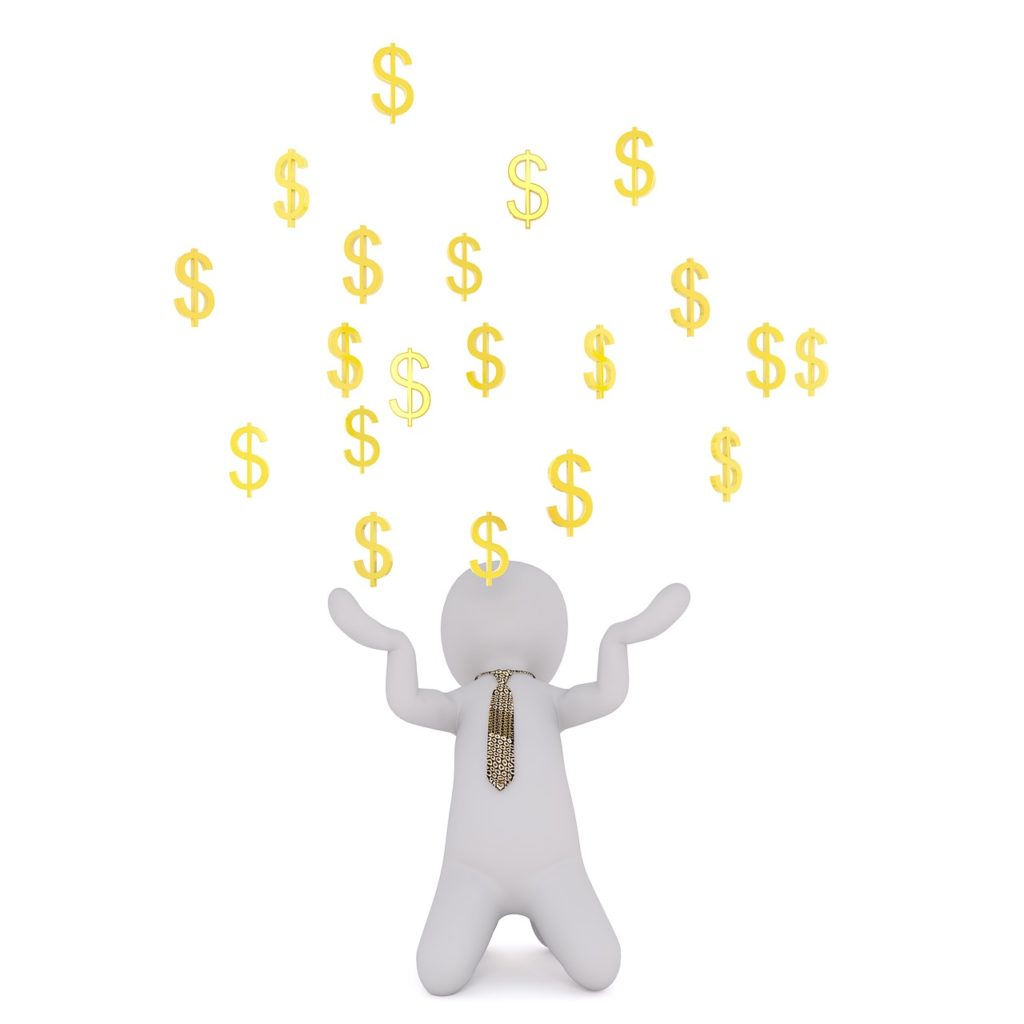In the world of personal finance, people talk about interest rates in relation to everything from credit cards to mortgages. Despite all the discussion about interest rates, many people do not understand the basic facts related to how they work. By learning about how interest rates are calculated in different circumstances and how they affect monthly debt payments, you can save money and make the best financial decisions for your future. Following are a few important pieces of information to keep in mind when looking at interest rates.
- Interest rates can increase for a wide range of reasons.

Most people associate an increase in the interest rate with a rise in the prime rate, but several other factors are involved in calculating rates. Sometimes, certain circumstances can cause an interest rate to rise. For example, accounts that become delinquent for more than two months will often incur a penalty interest rate, which means that the monthly payment will increase on existing balances. In addition, banks have the ability to decide on an increase in interest rates arbitrarily. In this case, however, individuals have a right to say no, and it is important to keep this in mind. Customers who say no to an interest rate increase can close their account and continue paying on the existing balance at the previous interest rate until the debt is paid in full. However, if they want to keep their credit line open, they will need to accept the higher rate.
- Interest rates are negotiable.
You should never underestimate your ability to negotiate your interest rate. Often, credit cards and banks will decrease interest rates to keep existing customers. If you’re unsure of what to say during the negotiations, you can find scripted conversations online to help you obtain a lower rate. At the same time, this option is not always the best choice, particularly for people with a good credit score. If you want to pay off your balance quickly, you can often find a zero-percent introductory balance transfer offer that can last up to two years in order to avoid paying additional interest. If this is the case, you must make sure to read the fine print, since missing payments or failing to pay off your balance off by the end of the introductory period can mean costly mistakes.
- Interest rates are not always the most important factor to consider.
Often, consumers simply look for the lowest interest rate when they want to purchase or refinance a home. While this can be a good strategy in some cases, you need to make sure that you look at the other factors involved in the deal. Closing costs, particularly for mortgages, can vary widely between lenders. You should also consider taxes, insurance, and related expenses. If you’re looking to purchase a new car, dealerships may offer better interest rates on their sportier models, although they often have higher insurance premiums and costlier maintenance fees.
- Paying high interest is not necessary to build good credit.

When it comes to achieving a great credit score, there is a lot of confusion. Ultimately, making consistent, on-time payments is the best way to build great credit, although other factors, such as the length of one’s credit history, also have an effect. Some believe that they need to pay a lot of interest in order to build good credit. As a result, they carry a balance on their credit cards each month when it is not necessary. On the contrary, you can build good credit by paying off your credit card bills in full each month. As stated before, consistency is more important than showing that you can handle high-interest payments.
- Credit cards have different interest rates.
Generally speaking, every credit card has a different interest rate. You should look at the terms for purchases, balance transfers, cash advances, and other transactions to see exactly what they will pay for each. Moreover, credit cards often have introductory interest rates that will change after a certain period of time. Paying attention to all of these different rates can help you avoid surprises down the line. When looking for a credit card, you should shop around a bit to find the best interest rate. While the exact rate will depend on your personal credit history, some cards will have better terms for different transactions depending on how you plan to use your card.
- Interest rates are tied to different aspects of the financial marketplace.
When the federal interest rate increases, people tend to get nervous. To be fair, many interest rates are tied to the federal rate, so you may see an increase in your monthly debt payments. At the same time, you should keep in mind that rates on long-term mortgages, student loans, and vehicles tend to be fixed. In addition, mortgage rates often respond to bond market prices, meaning that inflation has a greater effect on rates. The majority of 30-year mortgage rates are tied to US Treasury note yields. On the other hand, credit card interest rates often go up when the Federal Reserve increases interest rates.

